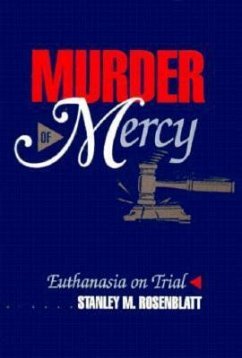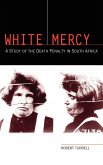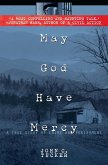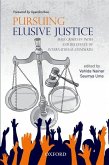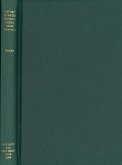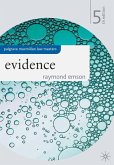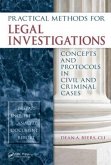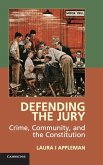Patricia Rosier died at her home in Fort Myers, Florida, in January of 1986, having sought the help of her prominent physician husband, Peter, to end her cancer-ravaged life with some measure of dignity. By November 1987, Peter had been indicted for first degree murder and faced death in Florida's electric chair. How could it happen? How does a loving husband and father get charged with first degree murder? This compelling true story shows just how easy it is in America's legal system. "Euthanasia" remains a crime in Florida and in most other states, yet the majority of such "criminals" are never prosecuted. But Dr. Rosier was singled out because he "confessed", both in a television interview and in writing, to believing in euthanasia and to assisting his wife's suicide. In Murder of Mercy every heart-pounding moment of Dr. Rosier's legal ordeal is vividly captured by famed trial attorney Stanley M. Rosenblatt, who, together with his wife and law partner, Susan, represented the accused. Describing an intriguing array of legal twists and turns, this riveting book is more than just gripping courtroom drama. Find out why Patricia's father and brothers sought immunity before they would testify. Feel the rush, the exhilaration, of planning defense strategy: How could anyone explain away Dr. Rosier's confessions? Could the Fort Myers judge be persuaded to change the location of the trial? Should Peter Rosier testify in his own defense? The powerful arguments of the State and the defense are laced with ridicule, sarcasm, and scorn: each side accusing the other of treacherous character assassination. Rosenblatt's penetrating assessment of judges, the use of expert witnesses, the exclusion ofrelevant evidence, attorney-client privilege, and the granting of immunity serve as the foundation for a searing critique of America's criminal justice system and the society it is designed to protect.
Hinweis: Dieser Artikel kann nur an eine deutsche Lieferadresse ausgeliefert werden.
Hinweis: Dieser Artikel kann nur an eine deutsche Lieferadresse ausgeliefert werden.

